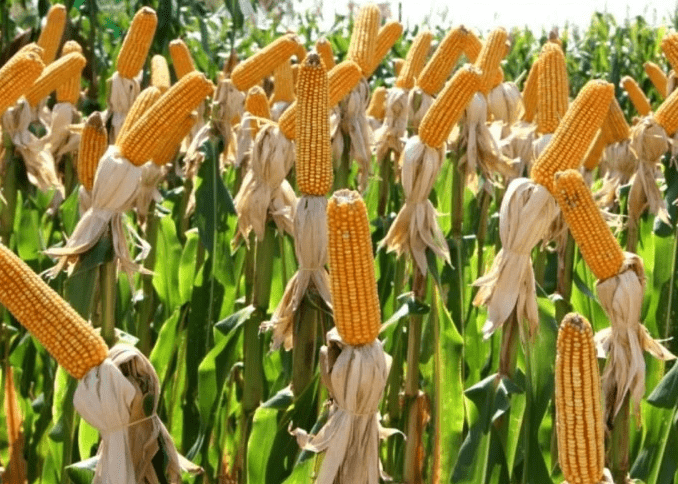Brazilian agricultural production will contribute more to the world in the coming years, according to forecasts released by the Brazilian government at the World Trade Organization (WTO).
With agricultural production expected to grow at around 3% per year, well above Brazil‘s population growth projections (less than 1% per year), the world is expected to benefit from Brazil’s growing exportable surpluses in the future.
In addition, the share of domestic consumption in the domestic production of corn, soybeans and sugar, which currently stand at 72.7%, 37.4% and 27%, respectively, is expected to decline over the next 10 years, further increasing the aforementioned surpluses.
Brazilian agricultural production
Brazil remains a major player in world agricultural trade, accounting for 5.2% of total world agricultural exports in 2020, a share basically similar to that recorded four years earlier (5.1%).
Brazil remained the world’s third largest exporter of agricultural products, behind the European Union and the United States.
In 2020, Brazil maintained its position as the world’s largest supplier of sugar, orange juice, coffee, poultry, beef and soybeans.
Likewise, in 2021, soybean products remained the main agricultural export (39.8%), followed by meat products, especially poultry and beef (16.4%), wood pulp (11.5%), sugar cane (8.5%) and coffee (5.3 percent).
So Brazil is a major global producer and exporter of agricultural products and has maintained its growth in agricultural exports in the context of the Covid-19 pandemic and the Ukraine crisis, playing an important role in maintaining the stability and security of the global food supply chain.
Climate change
On the other hand, in 2009, Brazil expressed its voluntary commitment to reduce GHG emissions, in a range of 36.1 to 38.9% in relation to the expected emission in 2020.
As a result of these commitments, Brazil launched in 2010 the Low Carbon Agriculture Plan (ABC), which covers the period until 2020 and represents one of the main instruments of Brazilian agricultural policy to promote sustainability and address the adverse effects of climate change on agriculture.
The objective of the ABC Plan is to harmonize sustainable development and mitigation actions throughout the rural productive sector, based on stimuli for the adoption of practices and technologies that allow results to be obtained simultaneously in the mitigation of GHG emissions and in the adaptation of systems to climate change, in addition to providing gains in productivity and sustainability.
For the period 2020-2030, the Ministry of Agriculture, Livestock and Supply (MAPA) launched a new ABC Plan, called the Plan for Adaptation to Climate Change and Low Carbon Emissions in Agriculture (ABC+).
Among the projected goals until 2030 is to expand the areas destined for the adoption of degraded pasture recovery practices (by 30 million hectares), the areas focused on the adoption of direct sowing systems, the areas adopting integration systems, the areas destined for the adoption of planted forests, among others.
![]()

